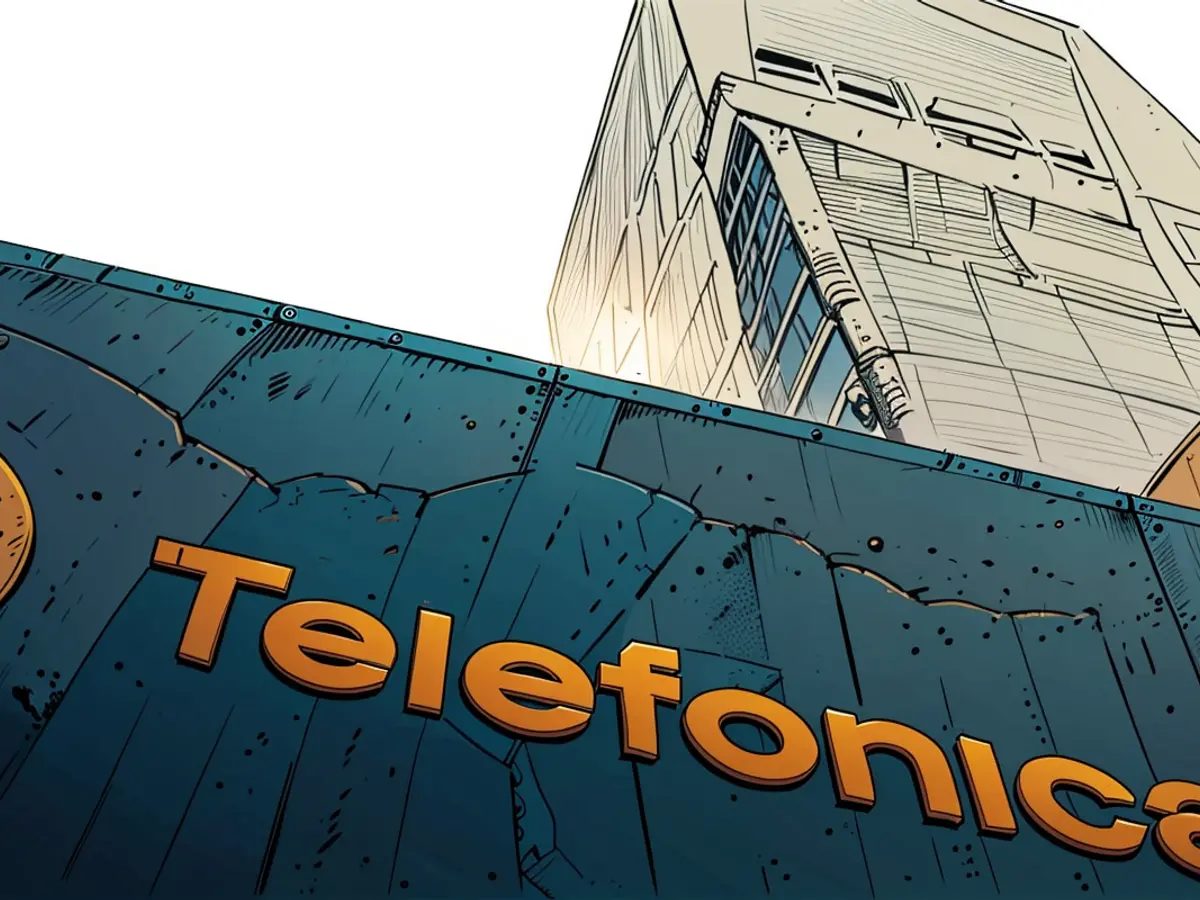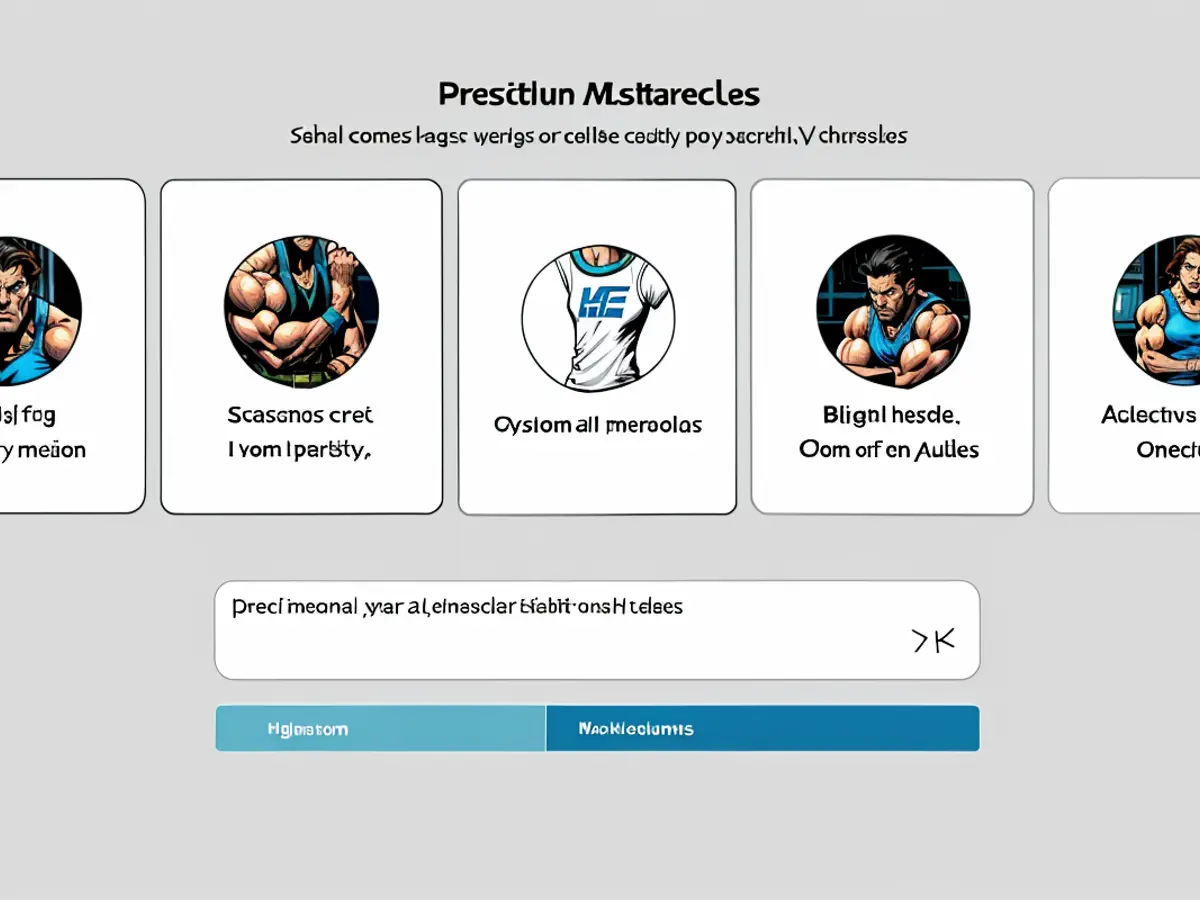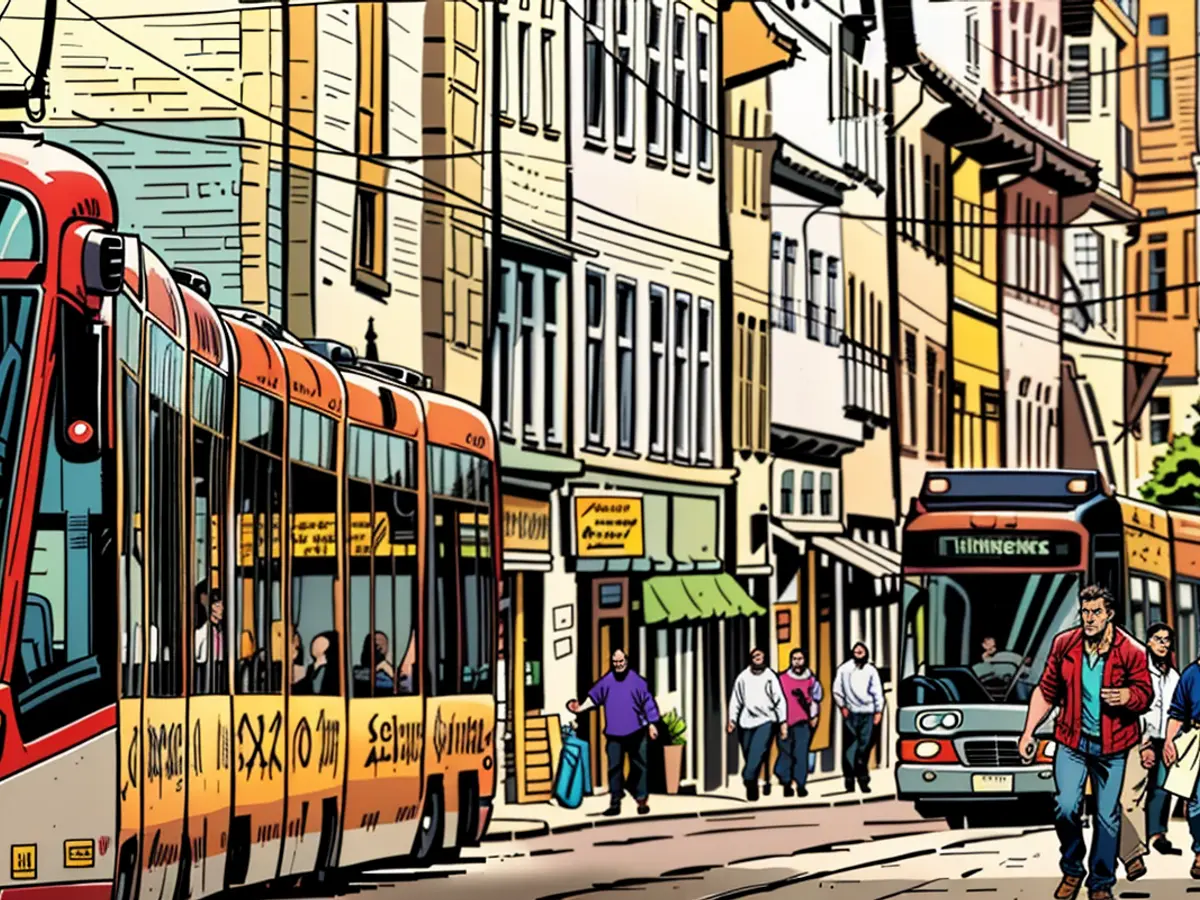- O2 wants to build more cell towers in nature reserves
To ensure that O2 Telefónica's mobile network is widely available in Germany in the future, the mobile provider wants to install more antennas in nature reserves. So far, this has been scarcely possible because the authorities have not given the green light, said O2 CEO Markus Haas in Munich.
A recently passed bill by the federal government to expedite network expansion could change this. "We need these areas," says Haas, noting that four percent of Germany's surface area is nature reserves.
Regulation for surface coverage by 2030
By the beginning of 2030, established mobile network operators Deutsche Telekom, Vodafone, and O2 Telefónica must each cover 99.5 percent of Germany's surface area with a download speed of 50 megabits per second, as stipulated by a planned regulation of the Federal Network Agency.
The separate federal law on accelerating telecommunications network expansion, which was submitted separately, is intended to help make this goal achievable. It states, for example, that mobile network expansion is in the "overriding public interest" - thus, it would be legally equivalent to the construction of wind turbines. Furthermore, telecommunications companies will be allowed to start expansion work two months after submitting an application, even if the permit has not been granted - unlike the current situation where there is no such time pressure for the relevant authorities.
Manager sees law positively
The implementation of this law is important, emphasized O2 manager Haas. "We currently have no claim to a swift issuance of a building permit." Currently, waiting times can be very long. "Sometimes, it takes eight to nine months, and even longer cases can take over two years."
In recent years, many applications for antenna masts in nature reserves have not been submitted at all. "It was difficult: The authorities always told us in advance: 'If you submit an application, the chances of success are very low.'" Telecommunications manager Haas hopes that the law will be finalized soon. This could provide a boost for mobile network expansion in the coming year, he says.
O2 operates more profitably
O2 Telefónica presented business figures showing that while revenue has stagnated, the company has become more profitable thanks to efficiency measures. In the first half of the year, earnings were around 4.2 billion euros, a slight decrease of 0.1 percent. The adjusted operating result (Ebitda) increased by four percent to 1.3 billion euros. "We've made a good start to the business year 2024," said CEO Haas.
The passage of the federal law on accelerating telecommunications network expansion could potentially make it easier for O2 Telefónica to install more antennas in nature reserves, as mobile network expansion is now considered to be in the "overriding public interest" and telecommunications companies can begin expansion work two months after submitting an application, even without a granted permit. This regulation could significantly reduce the lengthy waiting times for building permits, which have been impeding O2 Telefónica's mobile phone network expansion in nature reserves.








